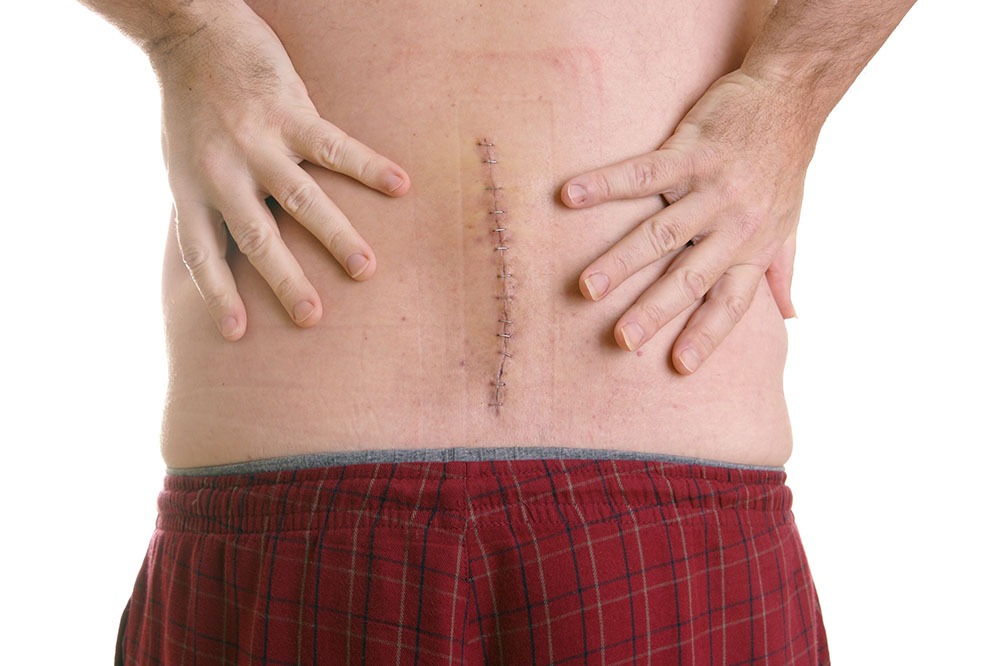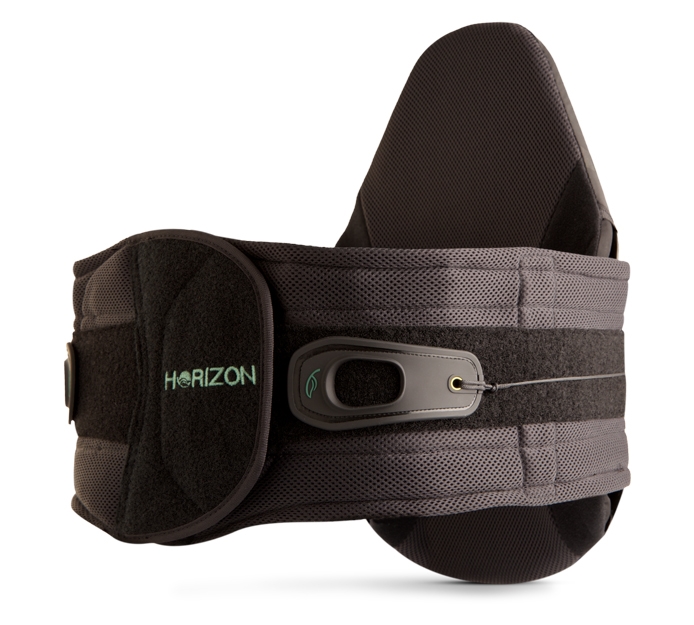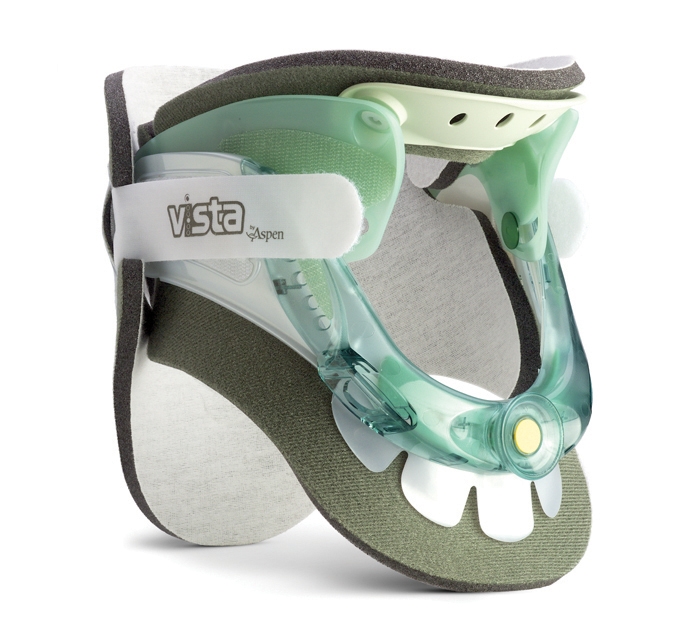Lumbar Spinal Fusion Recovery

Recovery from Lumbar Spinal Fusion surgery is more successful when you know what to expect and how to heal at home. Preparing ahead of surgery, learning to take care of your brace, minimizing movement, and making healthy choices post-operation will empower you to recover well.
Preparing Ahead of Time
If possible, start by planning to reduce the use of stairs post-surgery. Rearranging furniture in your home so that commonly used objects are easily at hand and sleeping downstairs can help ease recovery.
Coming home to a clean home also helps reduce the risk of infection. You may want to arrange help for the first weeks or months after surgery with large chores such as laundry and meal preparation.
Making the Most of Your Brace
After surgery your back brace will facilitate recovery and a good rule of thumb is: “If your feet are on the floor, your back is in the brace.” Most physicians will allow you to take short trips to the bathroom at night without your brace, but keep those exceptions to a minimum.
Similar to how you would wear a pair of socks with your shoes to prevent blisters, wear a t-shirt underneath your brace and wear the brace snug to minimize sliding. This will reduce irritation to the skin.
Most patients benefit from the use cold packs at the incision site. In some cases your back brace may come with a cold therapy pack that is easily fitted into the brace. This will bring relief and promote recovery.
Movement After Surgery
Wearing your brace will help limit your movement. Avoid twisting, bending and heavy lifting (anything over ten pounds) during your recovery period.
Always have a walker beside your bed. Typically these are provided in the hospital but you may need to arrange to have one in your home after discharge. Avoid twisting when getting out of bed— “log rolling” maneuvers can help with this.
Pillows can be great for comfort, but always remember that keeping your spine aligned in a neutral position is the healthiest way to sleep.
Revving Your Recovery
Keeping your incision site clean, per your doctor’s instructions, will help prevent infection and facilitate healing. Most physicians recommend washing the incision spot with warm water and soap and patting it dry daily. Avoid baths and opt instead for showers until your incision has healed completely.
Giving your body what it needs – quality calories and nutrients such as calcium, zinc, vitamin D, protein, fiber and plenty of fluid – will promote a quicker, more complete recovery and mitigate side effects of surgery and pain medication.
Quitting/reducing smoking and nicotine intake is recommended, as nicotine intake impairs the bones’ ability to repair themselves, making recovery longer and more difficult.
Finally, always follow the specific instructions of your physician and alert your medical team of any complications or questions that arise as you recover. Taking care of yourself now will help promote lasting health later!
Need a Brace? Check Out Our Options:

Back Braces

